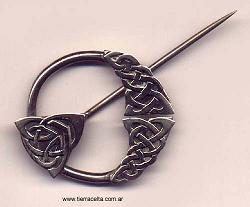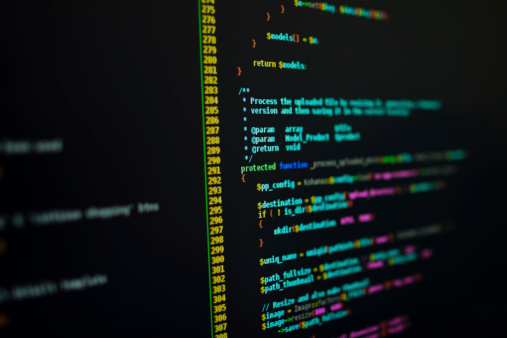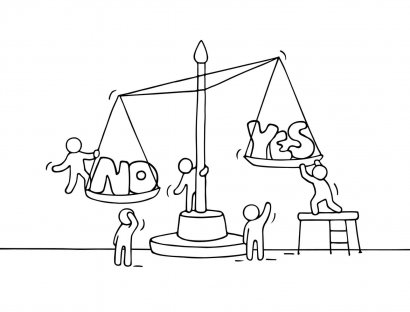History is the account of events and their corresponding analysis. History is not simply a subject of the educational system, but is present in our own lives. We want to know who our ancestors were, what happened in the city where we live, what is the origin of popular traditions. Also the streets and squares of the place where we live have references to the past, to history.
The study of history has different approaches. If the biography of an individual is studied, we know his life and the social context of the character. If a chronicler from a small town collects relevant information about what happens in it, there is a broader perspective of reality. If a researcher analyzes a specific period of a country, the panorama is broadened even more. We see that history can refer to the particular or the general. When the explanation of events refers to the world in general, we are talking about Universal History.
Universal History is a vision of the set of relevant facts. A concrete phenomenon (an environmentalist demonstration in a town, for example) is related to a globality, to a stream of ideas that affects the whole of humanity.
Among historians there is a general consensus on which have been the great stages of universal history: Prehistory, Ancient Ages, Middle Ages, Modern Ages and Contemporary Ages. Each period has its defining elements: a technology, prevailing ideas, forms of government, religious expressions, etc. The process of change of these and other factors is setting the course of Universal History.
There is agreement on the stages that make up and define Universal History, but there is not the same criterion on which elements are the most important as engines of history. According to some historians, technology is the key element. For others, the forms of political organization are decisive. There are analysts who emphasize the social model of an era.
Regardless of the relevant factor that explains the great changes in the history of the world as a whole, it is evident that an era has some coordinates (ideas, religion, technical advances, society ...). All this interacts with a certain harmony. Let's think of the Ancient Age, a period where there is a magical thinking because science has not developed.
Universal History presents the most significant traits, those events that were a symbol of a stage of humanity. This is what happened with the French Revolution of 1789. Its impact was such that it marked the beginning of the Contemporary Age.









